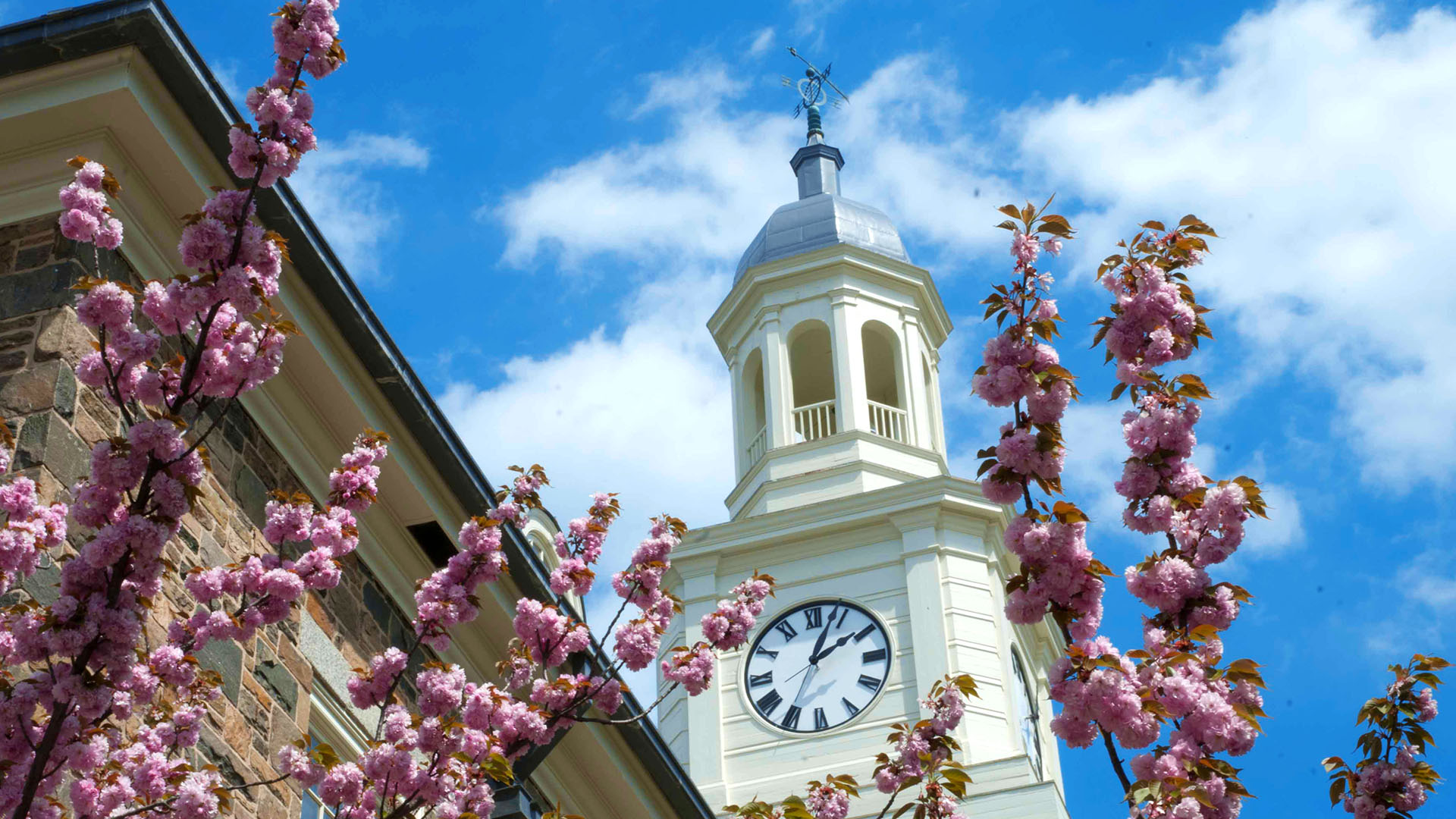Climate Science Division
Mission Statement
In keeping with MSU’s unique mission and identity as a Historically Black University, Maryland’s Preeminent Public Urban Research University, and a Baltimore City anchor institution, the Climate Science Division places a special emphasis on environmental justice and the impact climate change on minority and underserved communities. Through partnerships with industry and government agencies, the Climate Science Division will develop climate strategies serving the city, State and region that may be translated and modeled in urban and coastal communities across the world.
The immediate goals Climate Science Division are:
- To provide general climate science education to MSU students
- To establish both undergraduate and graduate degree programs in atmospheric, coastal and climate science
- To build a robust research program that has the potential of long-term growth and will make significant contributions to MSU’s overarching goal of achieving the R1 research status
- To establish collaborations with other universities, federal agencies, and private organizations in the field of climate sciences.
Contact Information
Dr. Xiaowen Li
Calloway Hall 204
1700 E. Cold Spring Lane
Baltimore, MD 21251
Phone: 443-885-2208
Email: Xiaowen.Li@morgan.edu
Congratulations To Our Graduating Interns!
- Chaz Padilla - Bachelors of Science in Electrical Engineering
- Bocar Jallow Jr. - Bachelors of Science in Computer Science
- Md Rafsan Jani - Masters of Science in Advanced Computing
Contact Information
Dr. Xiaowen Li
Calloway Hall 204
1700 E. Cold Spring Lane
Baltimore, MD 21251
Phone: 443-885-2208
Email: Xiaowen.Li@morgan.edu


